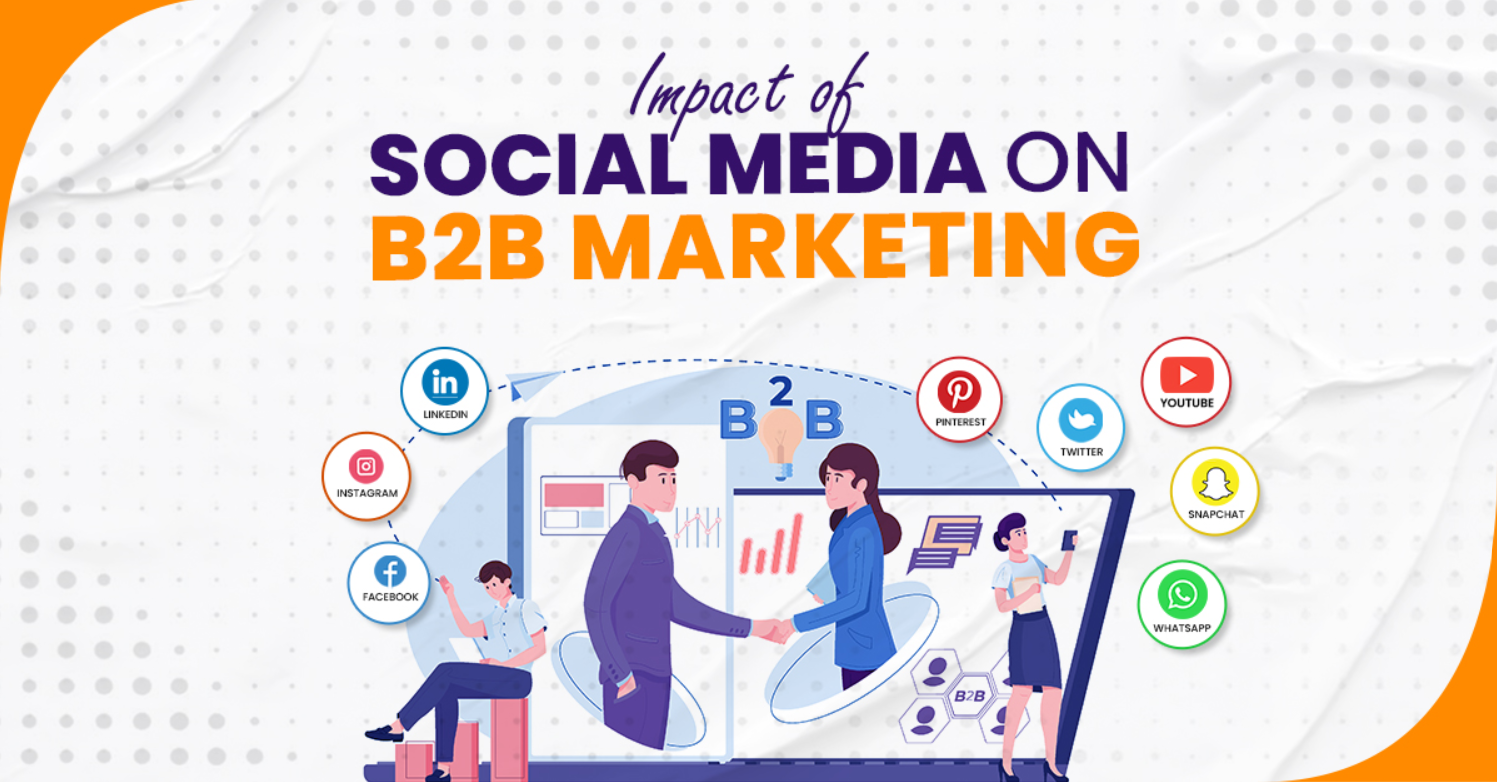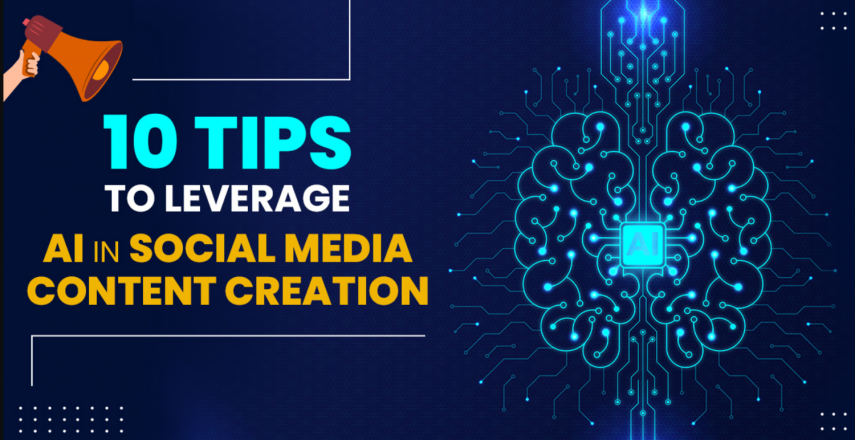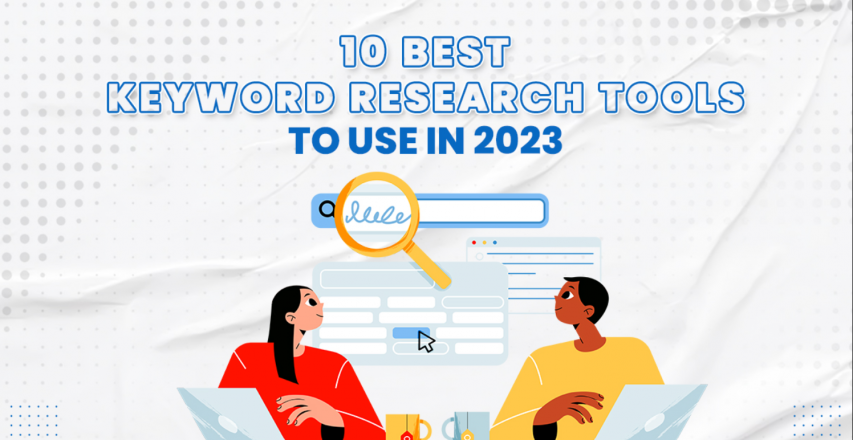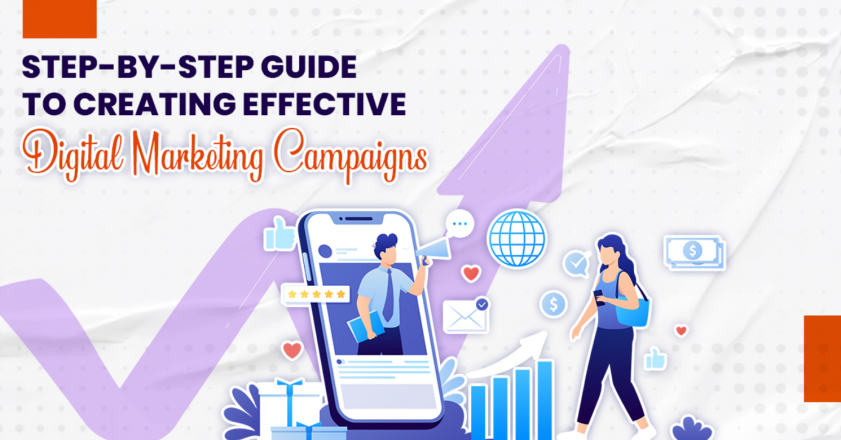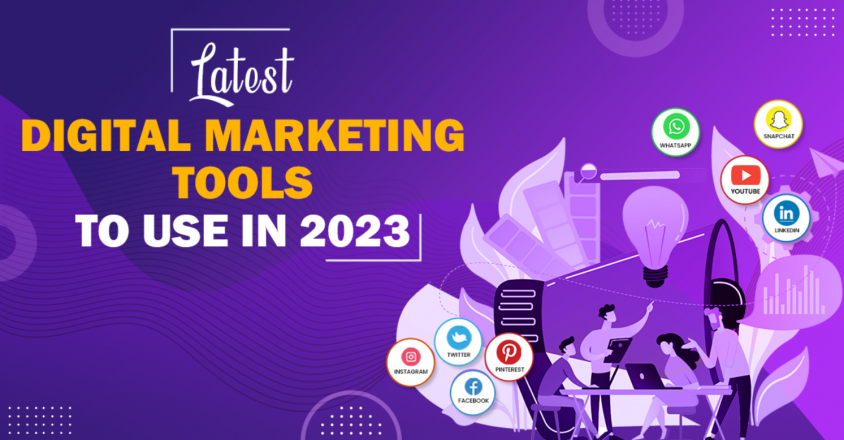The landscape of business-to-business (B2B) marketing has undergone a significant transformation over the past decade, with one of the most influential catalysts being the advent of social media. Once primarily used for personal networking and entertainment, social media platforms have evolved into powerful tools for B2B marketers.
In this blog, we will explore the profound impact of social media on B2B marketing and how businesses can harness its potential to drive growth, establish brand authority, and engage with their target audience.
What is B2B Social Media Marketing?
B2B stands for business-to-business. To market or promote the products and services to prospective clients, companies use social channels or B2B marketing strategies.
The main aim of B2B marketing is to promote your brand name so that other businesses get familiar with it and convert it into customers.
Why Should B2B Companies Use Social Media?
B2B organisations should use social media for several reasons.
- It helps a business to reach its target audience and connect with potential clients.
- It helps to distribute content.
- It helps to build brand identity in the market.
- It helps to support clients.
- It improves SEO.
How to Build an Effective B2B Social Media Marketing Strategy?
It is crucial to build a B2B social media strategy for both short-term and long-term gains. According to studies, most of the successful content marketers have an effective marketing strategy.
Let’s see how one can build a B2B social media marketing plan.
- Set business goals – It is essential to initially set goals and analyse how B2B social media marketing will help in attaining these goals. The primary goal of every business is to create brand awareness and trust and to educate the audience about the product or service.
- Identify opportunities – A marketing strategy must identify where the opportunities lie and what’s going on social networks and competitors.
- Focus on your customers – A social media marketing strategy must incorporate the best B2B marketing practices and build target audience and buyer personas.
- Identify and use the correct social media platform – It is important to know where your customers are and then use the right platform to reach them.
- Measure your performance- Most reputed content marketers measure their performances through metrics and KPIs. By measuring your efforts, you can identify your customer satisfaction ratings and reviews which are crucial for a business growth.
Impact of Social Media on B2B Marketing
B2B is a tough market to handle as there are very few prospects and persuading those prospects is not easy. Nevertheless, social media can become a savior for the B2B market.
Enhanced Brand Visibility
One of the most obvious benefits of leveraging social media in B2B marketing is the ability to enhance brand visibility. Platforms like LinkedIn, Twitter, and even Facebook have become digital stages where businesses can showcase their expertise and thought leadership. By consistently sharing valuable content, businesses can establish themselves as industry leaders and build trust among their audience.
Targeted Advertising
Social media platforms provide advanced targeting options that enable B2B marketers to reach a highly specific audience. With tools like Facebook Ads and LinkedIn Ads, businesses can tailor their messages to individuals based on factors such as industry, job title, and company size. This precision ensures that marketing efforts are focused on the most relevant prospects, increasing the chances of conversion.
Content Distribution
Content marketing is a cornerstone of B2B marketing, and social media platforms are invaluable for distributing content. Businesses can share blog posts, whitepapers, videos, infographics, and more to reach a wider audience. By optimising content for social sharing, B2B marketers can extend their reach far beyond what traditional marketing channels offer.
Real-time Engagement
Social media platforms facilitate real-time engagement with your target audience. B2B marketers can participate in industry conversations, respond to inquiries, and address customer concerns promptly. This immediate interaction helps in building strong relationships with customers and prospects, enhancing brand loyalty.
Data-Driven Insights
The data generated on social media platforms offer a treasure trove of insights for B2B marketers. Analytics tools provide valuable data on audience demographics, engagement rates, and content performance. This information enables businesses to refine their marketing strategies, focusing on what works best and optimising their efforts.
Building Online Communities
Social media allows B2B businesses to create and nurture online communities. LinkedIn groups and Twitter chats, for instance, provide spaces where industry professionals can connect, share knowledge, and discuss trends. By facilitating these communities, businesses can position themselves as facilitators of valuable interactions and gain exposure in the process.
Influencer Marketing
Influencer marketing isn’t limited to consumer brands. B2B marketers can also collaborate with industry influencers and thought leaders to expand their reach and credibility. These influencers can help promote products, services, and content to a receptive audience, often leading to increased brand authority and sales.
Cost-Effective Marketing
Compared to traditional B2B marketing channels like trade shows and print advertising, social media marketing is often more cost-effective. While paid advertising is an option, businesses can also generate organic reach through strategic content creation and engagement. This cost-efficiency makes it an attractive option for businesses of all sizes.
Conclusion
The impact of social media on B2B marketing cannot be overstated. It has revolutionized how businesses connect with their audience, build brand authority, and drive growth. To stay competitive in today’s digital landscape, B2B marketers must embrace the power of social media and integrate it into their overall marketing strategy. As social media platforms continue to evolve, so too will the opportunities for B2B businesses to thrive and succeed in the ever-changing world of marketing.

